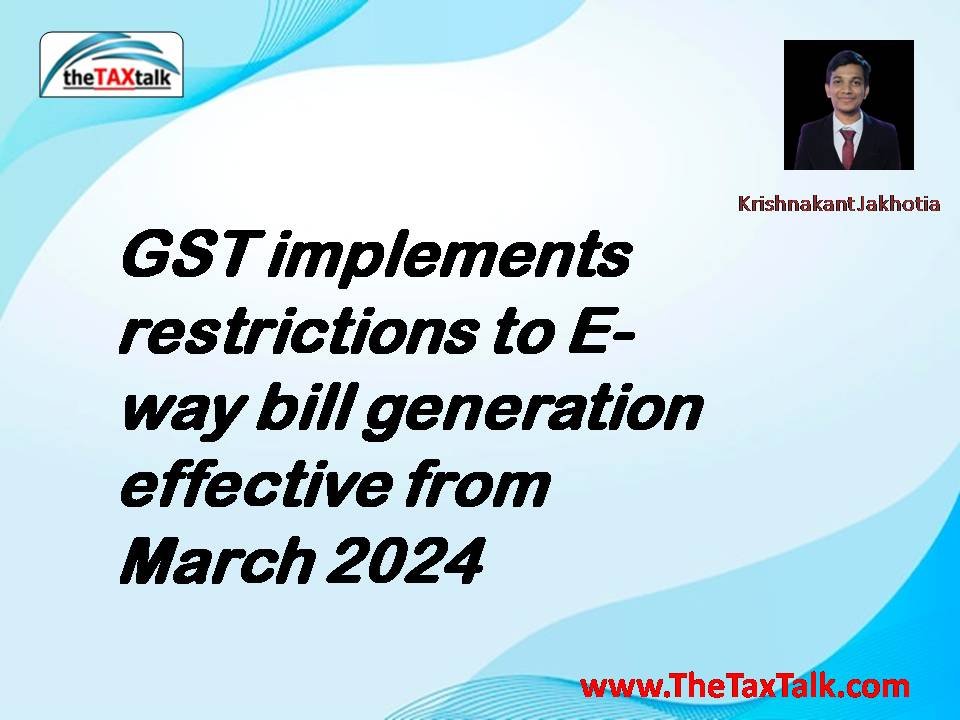Taxpayers owed but didn’t pay $688 billion in taxes in 2021. That’s up quite a bit from the $496 billion tax gap reported for the period between 2014 through 2016. The IRS says the growing gap does not fully reflect noncompliance from offshore activities, pass-through entities, cryptocurrency users, and claims of certain refundable tax credits available in response to the pandemic.
An expansive decision in Moore could spell trouble for the US tax code. TPC’s Steve Rosenthal writes of the legal underpinnings of the “realization” requirement when it comes to taxing income. The Supreme Court could invalidate laws that stem abuses in cross-border and capital-market transactions. “Upending our tax code and reopening loopholes would be damaging to our country’s fiscal health,” Steve writes. “Congress must be able to craft tax laws that keep pace with increasingly sophisticated markets without fear of judicial reproach.”
A Moore decision could result in substantial federal revenue losses. TPC’s Eric Toder highlights the findings of a new report that examines provisions of the tax code that might be nullified if the US Supreme Court rules in favor of the petitioners in Moore v. United States. The petitioners argue that a transition tax on undistributed profits accrued by US-controlled foreign corporations between 1986 through 2017 is unconstitutional. TPC conservatively estimates that federal receipts would have been permanently lower by $87 billion in 2024 and $125 billion in 2028 if these provisions were not part of the federal income tax code.
Senate Finance Committee to USTR: US must defend against Canada’s digital services taxes. Panel Chair Ron Wyden (D-OR) and Ranking Member Mike Crapo (R-ID) have called on US Trade Representative Katherine Tai to “make clear that [the] office will immediately respond using available trade tools upon Canada’s enactment of any” digital services tax (DST). Canada plans to levy a 3 percent tax on large digital services companies in 2024 retroactive to 2022. The tax would affect mostly American companies.
Former IRS consultant pleads guilty for massive taxpayer information leaked to news media. Charles Littlejohn pleaded guilty last week to disclosing the tax return information of more than 150 people. Court documents detail how Littlejohn accessed tax returns on an IRS database and evaded IRS protocols established to detect and prevent large downloads or uploads from IRS devices or systems, ultimately sharing the information with a news outlet. The Department of Justice created a site with information updates for victims of the data leak.
For the latest tax news, subscribe to the Tax Policy Center’s Daily Deduction. Sign up here to have it delivered to your inbox weekdays at 8:00 am (Mondays only when Congress is in recess). We welcome tips on new research or other news. Email Renu Zaretsky at [email protected].




